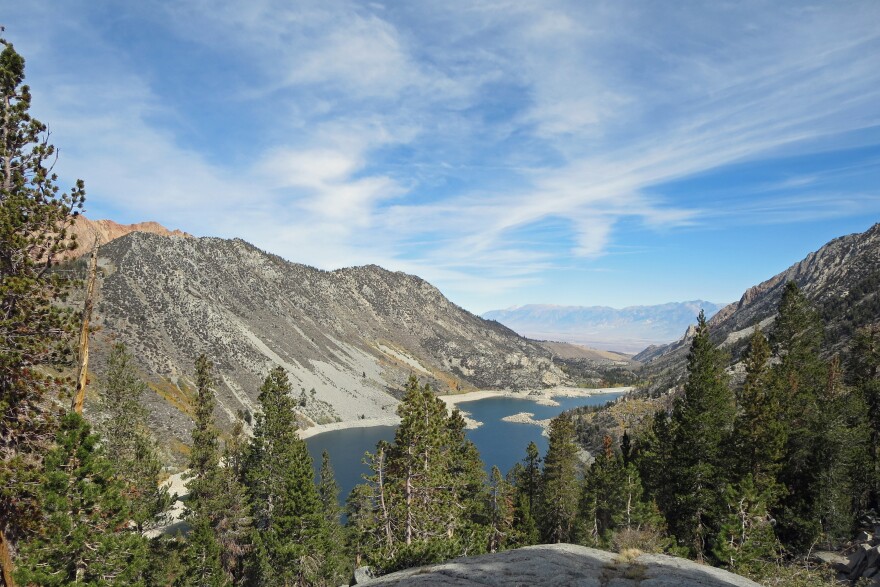December’s USU Ecology Center seminars focused on how the U.S. Forest Service is changing the way they engage stakeholders in landscape management.
Chris Armatas is a research social scientist at the U.S. Forest Service's Aldo Leopold Wilderness Research Institute. Armatas gave two seminars last week, closing out USU's Ecology Center seminars for the year.
"For me, it's really about kind of understanding diverse relationships or interactions that people have with nature and natural spaces, and how do you link up with social processes to kind of communicate and enhance kind of mutual understanding or social learning of those diverse kinds of relationships," Armatas said.
Armatas spoke about public engagement and unique ways the Forest Service is incorporating diverse perspectives into management plans, including an interactive method the Forest Service uses to understand stakeholder relationships with landscapes and projects.
"They get a deck of cards that has, kind of, 30 to 50 ‘benefits’, and then they prioritize them,” Armatas explained. “And it’s a really hard task. People kind of enjoy it, because it's interactive and there’s these cards, and you're moving things around, and you're kind of picking your top two...and you go all the way over to your most unimportant or negative side of things potentially."
Armatas said he and his colleagues have successfully applied this method to projects including Wild and Scenic River planning on the Flathead River in Montana, forest resiliency in the Shoshone National Forest and post-fire restoration in Washington state.
The success they’ve seen with this method, he believes, is largely a result of helping stakeholders and managers understand each other's perspectives and how that fits within agency project goals.
"They start to understand 'I've got my perspective, but look at all these other perspectives that these managers are really trying to accommodate. That's a really hard job.' And so, I guess the goal for me is helping create kind of a consensus and understanding is the way I think about it," Armatas said.
Ecology Center seminars will resume next year in January. Learn more about upcoming seminars at https://www.usu.edu/ecology/seminar-series.



